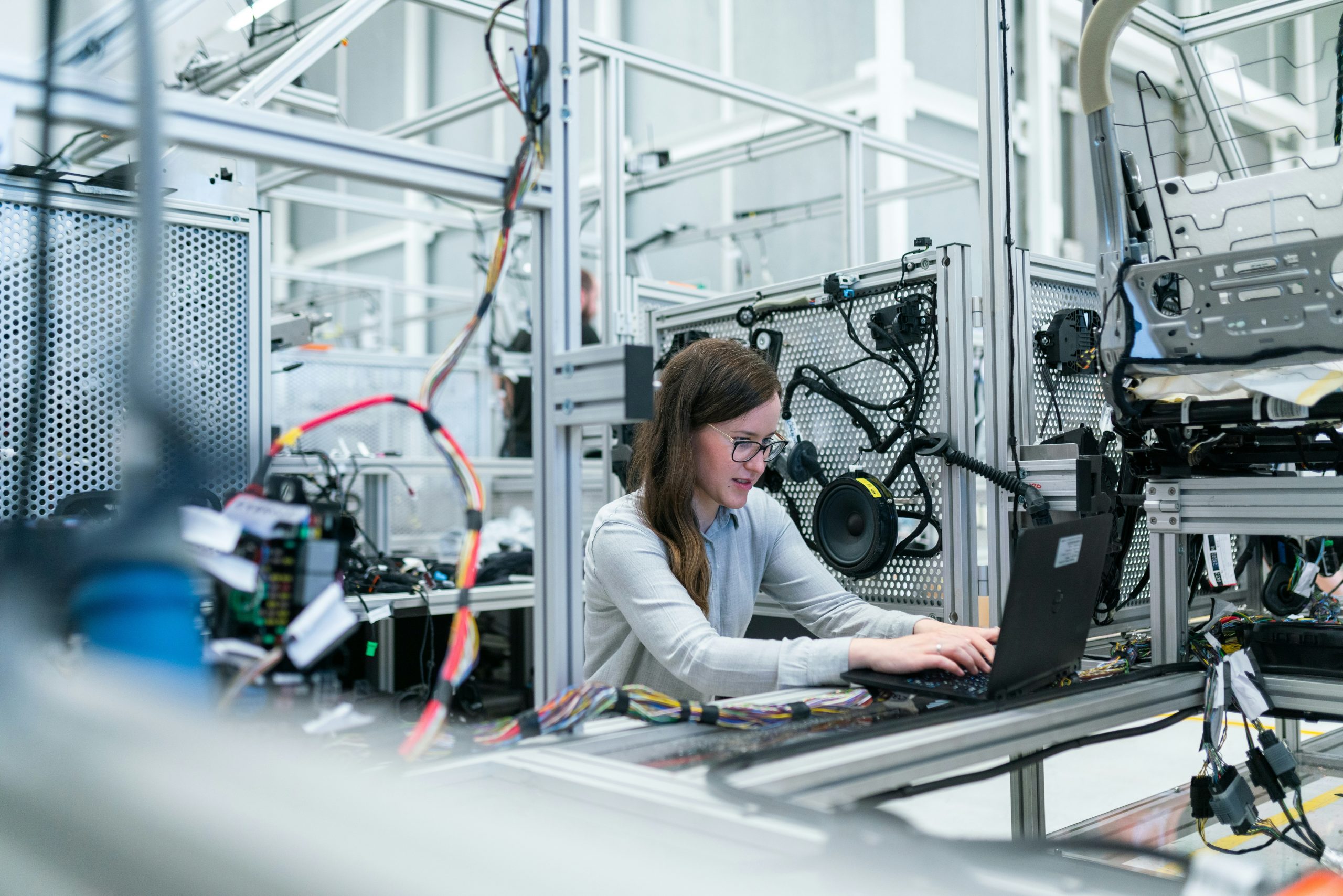
Mechanical engineering is the backbone of modern manufacturing. It integrates various principles that optimize the production of goods, ensuring they are efficient, reliable, and cost-effective. These principles are vital for the design and development of machinery and the efficiency of entire manufacturing systems. This article explores the importance of mechanical engineering principles in manufacturing, highlighting how they drive innovation, improve processes, and ensure the production of high-quality products.
Optimizing Product Design and Development
One of the key roles of mechanical engineering in manufacturing is optimizing product design. Engineers use mechanical principles to create designs that are both functional and manufacturable. The design process involves applying materials, thermodynamics, fluid mechanics, and structural analysis knowledge to develop products that meet performance and cost requirements.
For instance, material selection is crucial in ensuring a product can withstand the necessary stresses, temperatures, and environmental conditions. Mechanical engineers analyze the properties of materials to choose the best option, whether for durability, flexibility, or weight. This knowledge also helps reduce production costs, as the right material can lower manufacturing expenses and increase efficiency.
Additionally, mechanical engineering principles such as finite element analysis (FEA) simulate a product’s behavior under different conditions. This simulation allows engineers to predict potential failures or weaknesses before physical production begins. As a result, manufacturers can avoid costly mistakes and reduce time spent redesigning products.
Improving Manufacturing Processes
Mechanical engineering principles are crucial for improving the manufacturing process itself. Mechanical engineers help increase productivity and reduce waste by automating tasks and optimizing workflows. Concepts such as lean manufacturing, which aims to eliminate inefficiencies and improve quality, rely heavily on mechanical engineering.
Automation is one of the most significant ways mechanical engineers have transformed manufacturing. Using principles of mechanics, robotics, and control systems, engineers design automated machinery that can perform tasks faster and more accurately than humans. Automation has improved productivity and enhanced safety, as robots and automated systems handle hazardous functions in place of human workers.
Mechanical engineering also plays a role in process optimization. Engineers use principles like thermodynamics to optimize energy usage and reduce waste. For example, in industries such as metal casting or plastic molding, controlling the temperature and pressure is crucial for ensuring the quality of the finished product. By applying mechanical engineering principles, manufacturers can streamline production, reduce costs, and improve product quality.
Enhancing Precision and Quality Control
Manufacturing often requires extremely high precision, and mechanical engineering is integral to achieving this; whether it’s ensuring that parts fit together perfectly in an assembly line or controlling the tolerances of a machined part, mechanical engineering principles guarantee the accuracy needed for quality production.
Techniques like CNC (computer numerical control) machining are key examples. CNC machines are programmed to follow precise instructions, and mechanical engineers design these systems to ensure they can cut, mill, and shape materials with micron-level accuracy. This capability is crucial in aerospace, automotive, and medical device manufacturing, where even the slightest deviation can cause a product to fail.
In addition to precision, mechanical engineering also aids in quality control. Engineers design testing systems that check for defects or deviations in real-time, ensuring that faulty products are identified and removed from the production line. They also use principles such as vibration analysis to detect potential issues in machinery, which can prevent unplanned downtime and costly repairs.
Reducing Energy Consumption and Environmental Impact
Energy efficiency is another area where mechanical engineering principles are essential. Manufacturing processes, especially in heavy industries, can consume significant energy. Mechanical engineers work to optimize energy use by designing more efficient machines and systems.
For example, engineers can apply thermodynamics in a manufacturing plant to recover waste heat from industrial processes. This recovered heat can power other aspects of the operation, reducing the need for external energy sources and lowering overall energy costs.
Mechanical engineers also work on improving the environmental sustainability of manufacturing processes. They design systems that reduce emissions, minimize waste, and use less water. In industries like automotive manufacturing, mechanical engineers focus on creating systems that reduce the environmental footprint of the production process, from reducing CO2 emissions to recycling materials.
Sustainable manufacturing practices help protect the environment and offer long-term cost savings. As energy and resource prices rise, manufacturers that adopt energy-efficient and environmentally friendly practices can stay competitive while reducing their environmental impact.
Enhancing Safety and Risk Management
Safety is a top priority in manufacturing, and mechanical engineering principles are key in creating systems that protect workers and equipment. Engineers use mechanical principles to design machines that operate safely and minimize the risk of accidents.
For example, mechanical engineers design safety systems that prevent explosions, fires, or toxic spills in hazardous environments like chemical or pharmaceutical manufacturing. By applying fluid dynamics and thermodynamics, engineers can control the flow of chemicals or gases to avoid dangerous reactions. They also design fail-safe mechanisms, such as emergency shutdown systems, to protect workers in case of malfunction.
Mechanical engineers focus on risk management in addition to safety design. By analyzing potential failure modes and applying reliability engineering principles, they can design less likely to break down systems. Regular maintenance schedules, predictive maintenance systems, and high-quality components improve manufacturing systems’ long-term safety and efficiency.
Furthermore, mechanical engineers help design ergonomic workstations that reduce the risk of repetitive stress injuries. For example, engineers use biomechanics principles in assembly lines to create workspaces that allow workers to operate efficiently and safely, minimizing physical strain.
Mechanical engineering principles play an indispensable role in modern manufacturing. From optimizing product design to improving efficiency, precision, and safety, these principles are integral to the success of manufacturing operations across a wide range of industries. As technology evolves, mechanical engineers will remain at the forefront of innovations that drive productivity, reduce costs, and enhance product quality. The importance of these principles in manufacturing cannot be overstated, as they ensure that manufacturing processes remain competitive, sustainable, and capable of meeting the growing demands of the global market.